What is Education? Definition, Types – Importance, Benefits, Levels, Development | Education is the process of acquiring knowledge, skills, values, and attitudes through learning experiences. It can take place in various settings, including schools, universities, online platforms, and real-life experiences. Education helps individuals develop critical thinking, problem-solving abilities, and social skills, enabling them to contribute effectively to society.
what is education?
Types of Education
- Formal Education – Structured learning in institutions like schools and universities, leading to certifications or degrees.
- Informal Education – Learning gained from everyday experiences, such as reading books, watching documentaries, or engaging in discussions.
- Non-Formal Education – Organized learning outside traditional institutions, such as online courses, workshops, or vocational training.
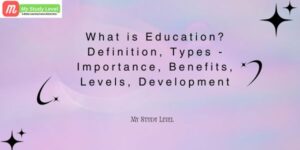
Importance of Education
- Empowers individuals with knowledge and skills.
- Improves career opportunities and earning potential.
- Encourages critical thinking and innovation.
- Promotes social awareness and civic responsibility.
- Helps in personal development and lifelong learning.
what is education?
Online education offers numerous benefits, including:
1. Flexibility
- Learn at your own pace and schedule.
- Balance studies with work, family, or other commitments.
2. Accessibility
- Study from anywhere in the world.
- Eliminates geographical barriers to education.
3. Cost-Effective
- Generally cheaper than traditional education.
- Saves money on commuting, housing, and printed materials.
4. Wide Range of Courses
- Access to diverse subjects and specializations.
- Learn from top universities and institutions globally.
5. Personalized Learning
- Choose courses based on personal interests and career goals.
- Adaptive learning technologies cater to individual needs.
6. Improved Technological Skills
- Enhances digital literacy and online collaboration skills.
- Familiarizes students with modern tools and software.
what is education?
7. Self-Discipline & Responsibility
- Encourages independent learning and time management.
- Develops self-motivation and accountability.
8. Interactive & Engaging Content
- Incorporates videos, quizzes, and virtual simulations.
- Encourages active participation through discussion forums.
9. Career Advancement
- Allows professionals to upskill without leaving their jobs.
- Provides certifications that enhance job prospects.
10. Environmentally Friendly
- Reduces paper usage and carbon footprint from commuting.
- Supports sustainable learning practices.
-

what is education?
Would you like me to expand on any specific advantage? 😊
The levels of study in education refer to the different stages of learning that individuals progress through, from early childhood to advanced specialization. These levels vary across countries but generally follow a similar structure.
what is education?
1. Early Childhood Education (Preschool)
- Age: 3–5 years
- Focus: Basic motor skills, social interaction, and foundational learning (letters, numbers, shapes).
- Example: Nursery, Kindergarten, Montessori Schools.
2. Primary Education (Elementary School)
- Age: 6–11 years
- Grades: 1st to 5th or 6th grade
- Focus: Basic literacy, numeracy, science, social studies, and foundational skills for future learning.
3. Secondary Education (Middle & High School)
- Middle School (Lower Secondary) (Grades 6–8 or 9)
- Age: 11–14 years
- Focus: More structured subjects, critical thinking, and early specialization.
- High School (Upper Secondary) (Grades 9–12)
- Age: 14–18 years
- Focus: Advanced subjects, career guidance, and preparation for higher education or vocational training.
- Example: High School Diploma, GCSEs, A-Levels, IB Diploma.
what is education?
4. Post secondary Education (Higher Education)
- Age: 18+
- Focus: Specialized knowledge and skills in various fields.
- Levels:
- Associate Degree (2 years) – Basic higher education qualification.
- Bachelor’s Degree (3–4 years) – Undergraduate study in a chosen field.
- Master’s Degree (1–2 years) – Advanced specialization after a bachelor’s degree.
- Doctoral Degree (Ph.D.) (3–6 years) – Highest academic degree focused on research.
5. Vocational & Technical Education
- Focus: Practical skills for specific careers (e.g., mechanics, healthcare, IT).
- Example: Diplomas, certificates, trade school programs.
6. Continuing & Lifelong Education
- Includes online courses, workshops, professional certifications, and self-directed learning for personal and career development.
Would you like details on any specific level?
The development of study refers to the evolution of learning methods, educational systems, and academic disciplines over time. It involves changes in teaching approaches, curriculum structures, and technological advancements that shape the way knowledge is acquired and applied.
Key Stages in the Development of Study
1. Ancient Education (Prehistoric – Classical Era)
- Learning was informal, based on survival skills, storytelling, and apprenticeship.
- Ancient civilizations (Egyptians, Greeks, Romans, Chinese, and Indians) established structured education systems.
- Philosophers like Socrates, Plato, and Confucius emphasized logic, ethics, and rhetoric in learning.
2. Medieval Education (5th – 15th Century)
- Religious institutions controlled education (monasteries, Islamic madrasas, and Christian cathedral schools).
- Universities like Oxford and Bologna emerged, focusing on theology, law, and medicine.
- Latin was the primary language of education in Europe.
what is education?
3. Renaissance & Enlightenment (15th – 18th Century)
- Scientific discoveries and humanism reshaped education.
- Printing press invention (15th century) increased access to books and literacy.
- Expansion of secular education beyond religious teachings.
4. Industrial Revolution & Modern Education (18th – 20th Century)
- Mass education systems developed due to the need for skilled workers.
- Compulsory schooling laws were introduced in many countries.
- Universities expanded, including technical and scientific disciplines.
- Standardized curricula and examinations became common.
5. 21st Century Education (Digital & Online Learning)
- Technology-driven learning with e-learning platforms, MOOCs (Massive Open Online Courses), and AI-based tutoring.
- Personalized and flexible learning approaches.
- Focus on interdisciplinary studies, skill-based education, and lifelong learning.
- Increased use of virtual and augmented reality in education.
what is education?
Would you like insights into any specific aspect of study development?
Purpose of Education
Education serves multiple purposes, shaping individuals and society as a whole. It is not just about acquiring knowledge but also about personal growth, skill development, and contributing to the progress of communities and nations.
1. Personal Development
- Enhances critical thinking, creativity, and problem-solving abilities.
- Develops self-discipline, confidence, and communication skills.
- Encourages lifelong learning and adaptability in a changing world.
what is education?
2. Knowledge and Skill Development
- Provides essential literacy, numeracy, and scientific understanding.
- Equips individuals with technical and vocational skills for careers.
- Prepares students for higher education, research, and specialization.
3. Social and Cultural Development
- Teaches values such as respect, empathy, and cooperation.
- Promotes cultural awareness and global understanding.
- Helps individuals become responsible citizens and contribute to society.
4. Economic Growth and Employment
- Increases job opportunities and earning potential.
- Supports innovation, entrepreneurship, and technological advancements.
- Strengthens economies by creating a skilled workforce.
5. Civic Responsibility and Ethical Development
- Encourages participation in democracy, governance, and social justice.
- Develops awareness of human rights, sustainability, and ethical decision-making.
- Reduces social inequalities by providing equal learning opportunities.
6. Empowerment and Social Mobility
- Helps individuals break the cycle of poverty through education.
- Promotes gender equality and opportunities for marginalized communities.
- Encourages independent thinking and leadership skills.
what is education?
Education is a powerful tool for both individual success and societal progress. Would you like to explore a specific aspect further?
Would you like a more detailed explanation on any specific aspect of education?

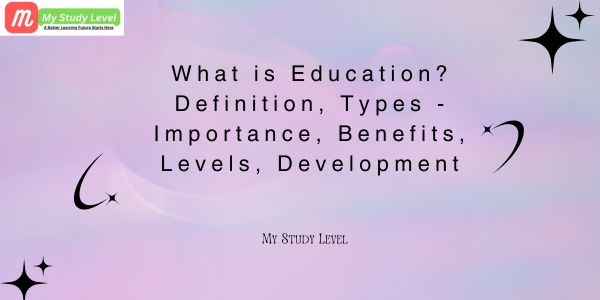
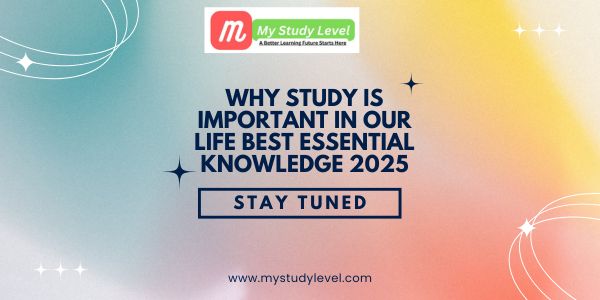



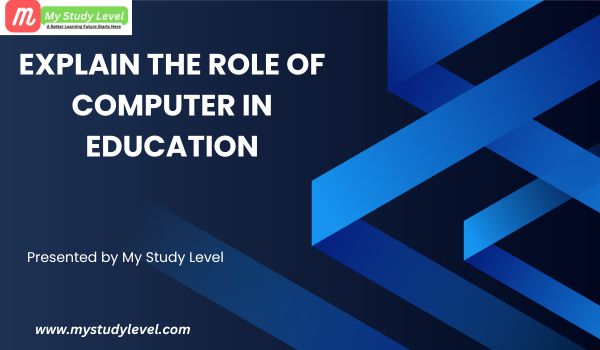

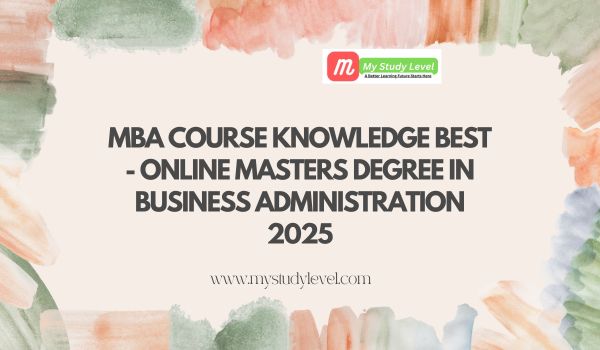

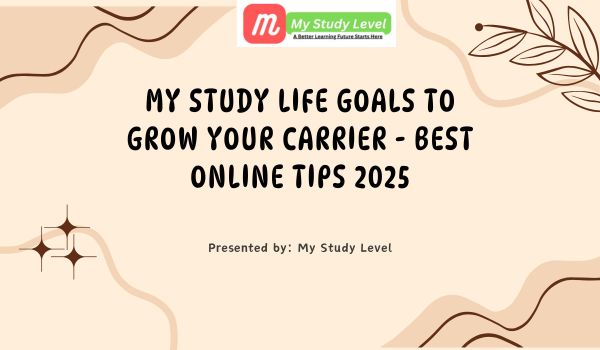
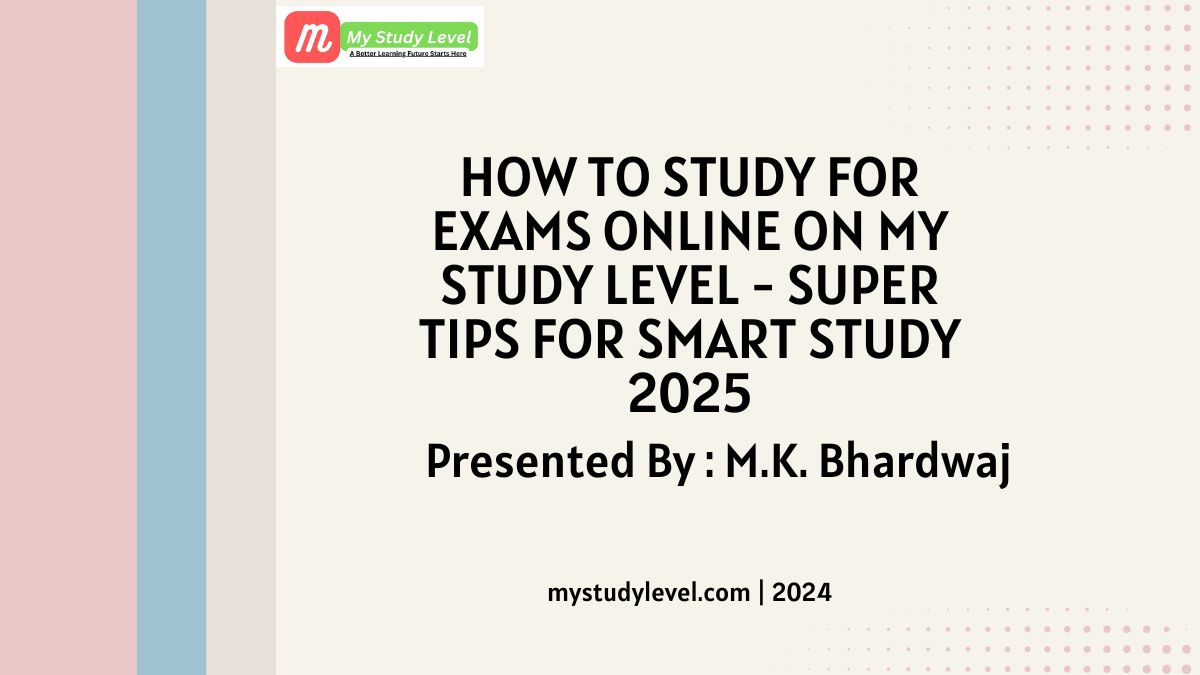

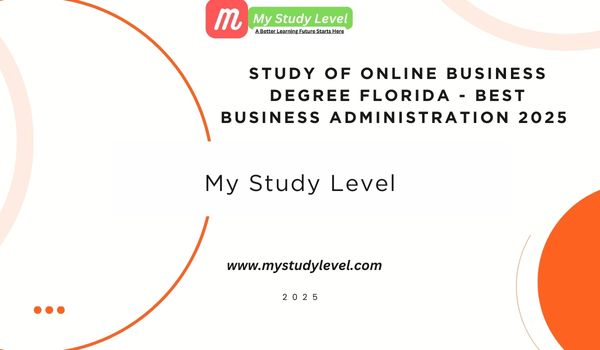
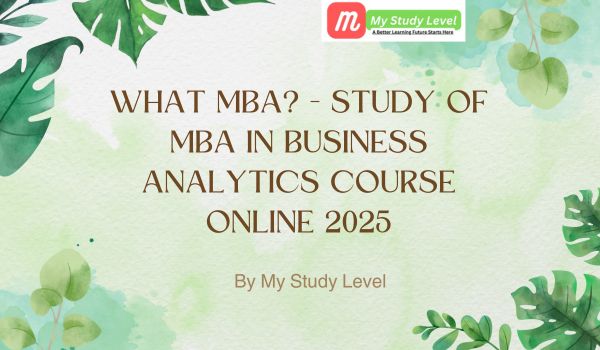

Leave a Reply